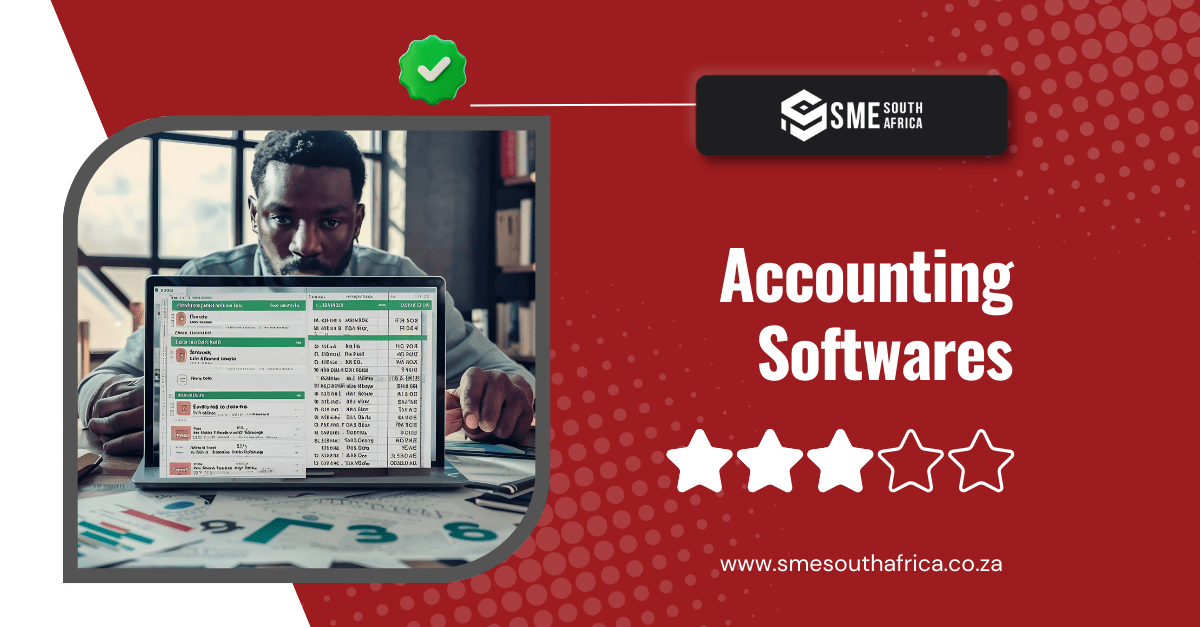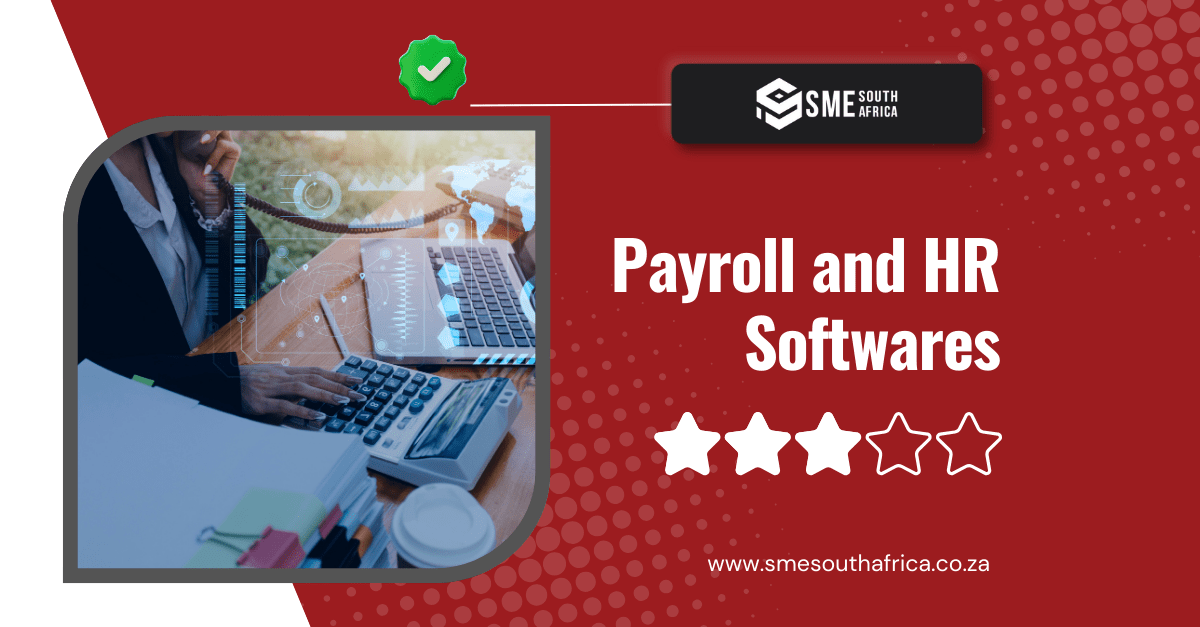
In today’s increasingly competitive job market, a strong CV can open doors to life-changing opportunities. However, the growing prevalence of misrepresented information on CVs is creating a significant challenge for employers.
From inflated job titles to fabricated qualifications, CV fraud is on the rise globally – and South Africa is no exception. Employers Mutual Protection Services (EMPS), South Africa’s oldest verification company, believes the incidence of CV fraud locally is even higher than in the global arena. Their research indicates that during times of economic prosperity, around 35% of CVs contain a lie, but this rate increases to over 50% during times of financial hardship.
Furthermore, according to international recruitment surveys, as many as one in three candidates admit to lying on their CV. These inaccuracies do more than just mislead employers; they can lead to costly hiring mistakes, cultural misalignment, and even reputational damage for the hiring organisation. If you’re a small or medium-sized (SME) business owner, you simply can’t afford the fallout of this.
The Rising Tide of CV Fraud
“The root of the problem lies in the intense competition for jobs,” says Jeremy Bossenger, director of BossJansen Executive Search. “Candidates feel pressured to stand out, and some resort to embellishing their achievements or outright fabricating their experience levels. For instance, a junior marketing assistant may present themselves as a marketing manager, or an IT candidate may claim expertise in a range of systems that they’ve barely touched.
“While these embellishments could seem harmless to the job seeker, they set the stage for a disconnect between an individual’s actual capabilities and the demands of the role. It results in poor performance, low morale, and high turnover rates when their lack of prowess or experience is discovered.”
This is why validating CV content is essential. SME employers need to go beyond the surface of what a candidate professes they can offer, and ensure that the qualifications, experience, and competencies they have alluded to are, in fact, accurate.
The Flaws in Traditional Reference Checks
“Traditionally, employers relied on reference checks to confirm a candidate’s suitability for a role. However, this method is fundamentally flawed. Why? Because references are almost always handpicked by the candidate,” Bossenger points out. “Naturally, candidates choose referees who will speak highly of them, often close colleagues or even friends, rather than direct supervisors who can objectively assess performance.”
This creates a bias that renders many reference checks meaningless. “In fact, in numerous cases, the referee may never have worked closely with the candidate, or may be unwilling to provide an honest assessment for fear of legal repercussions. The result? Employers end up with glowing, but not necessarily truthful references.”
The Case for Independent Reference Validation
Bossenger notes that the market is ripe for independent, verified reference checks from individuals who have actually managed the candidate or worked directly with them in a reporting structure. “Imagine a system where employers can access verified feedback from a candidate’s past line managers, even if those managers were not listed as references. Such an approach would provide more genuine insights into a candidate’s strengths, weaknesses, and the calibre of their work ethic.”
Independent reference validation would drastically reduce the chances of hiring mistakes and ensure that organisations recruit talent that truly aligns with their expectations. Furthermore, it would act as a deterrent against CV fraud, because candidates would know that their claims would be independently verified – they would be at risk of going to jail if they were exposed.
Solutions Gaining Traction
Several solutions are emerging globally to effectively tackle this issue, including specialised background-checking services and platforms that allow past employers to contribute to a candidate’s professional profile.
Employment Verification Services
Companies offer a service whereby they contact previous employers to confirm dates of employment, job titles, and responsibilities – ensuring best-in-class accuracy in the process. A few examples are MIE, iFacts, Hire Resolve, and CSI Africa.
Reference Networks
Innovative platforms enable managers to leave structured, confidential feedback about former employees, thereby creating a pool of verified references that are accessible to future employers. Tap into the likes of Prolusio.Ai, Hire Resolve, CrimCheck, iFacts, LexisNexis RefCheck, and MIE.
In South Africa, where unemployment and skills shortages coexist, adopting such solutions is critical. Employers simply cannot afford the risks associated with negligent hiring, which can result in everything from financial losses and compliance issues to legal liabilities.
So, in a world where CV fraud is rampant and traditional reference checks are increasingly unreliable, the need for independent CV validation and genuine reference checks has never been greater. Organisations that embrace these practices will not only reduce their hiring risks, but also build stronger and way more competent teams.
For job seekers, this shift promotes a culture of transparency and accountability – values that benefit everyone in the long run. It’s time for the executive search industry to move beyond outdated practices and instead implement systems that safeguard the integrity of the hiring process. Because when it comes to building world-class teams, trust should never be based on guesswork.
Crucial Hiring Tips for SME Owners
Here are a few tips for business owners when hiring employees.
Verify Candidate Information Thoroughly
Fraudsters provide fake qualifications or exaggerated experience, so use trusted services such as the South African Qualifications Authority (SAQA) or Managed Integrity Evaluation (MIE) to validate degrees and certificates.
Perform Independent Reference Checks
Avoid only contacting referees listed by the candidate, as these are often biased or even fake. Approach industry contacts, LinkedIn, or independent reference platforms, such as RefCheck, to check in with former managers.
Conduct Behavioural Interviews
Fraudsters can fake CVs, but they often fail during detailed questioning. Use STAR-based questions, such as “Give me an example of a time you solved a major problem at work”, or “Describe a situation where you missed a deadline. What happened?” If they struggle to provide real-life examples, that’s a decided red flag.
Carry Out Aptitude and Integrity Tests
These are affordable and available online, including Wonderlic or Revelian for general cognitive ability; a range of personality and integrity tests that predict honesty and ethical behaviour, together with cultural fit; and others that showcase real-world scenarios and measure judgment, such as Situational Judgment Tests (SJTs).
While it’s vital to always get written consent from candidates before running such checks, you’ll be glad you took the time to carry them out. Remember: fraudsters rarely maintain consistent profiles across LinkedIn, Facebook, Instagram, X/Twitter, and other social media profiles. Trust your gut, and you’ll be sure to hire the hardest worker your SME can handle.








